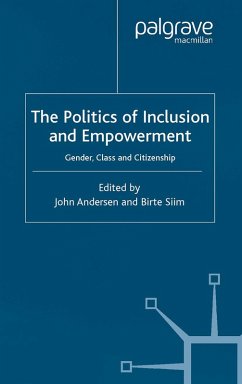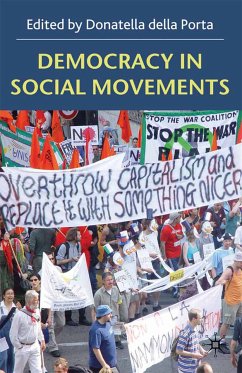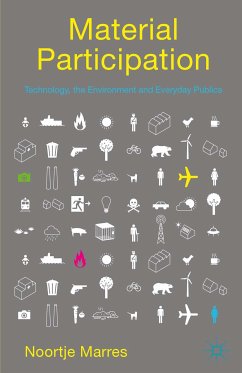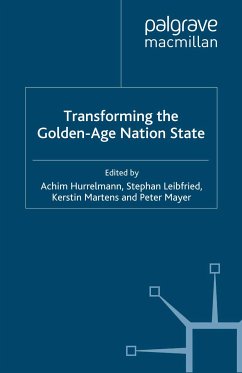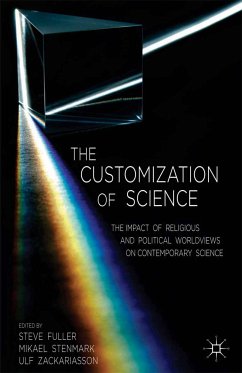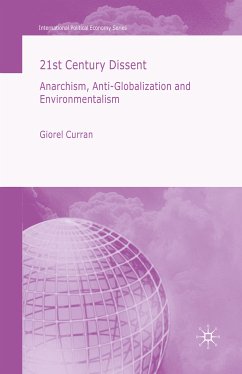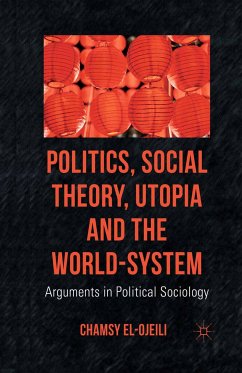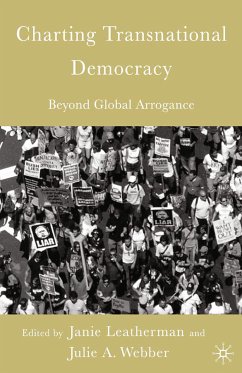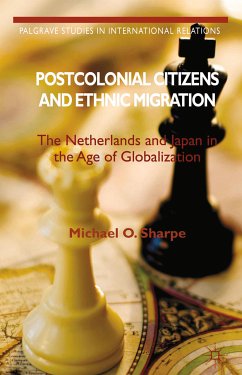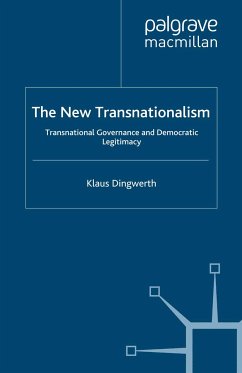
The New Transnationalism (eBook, PDF)
Transnational Governance and Democratic Legitimacy
Versandkostenfrei!
Sofort per Download lieferbar
72,95 €
inkl. MwSt.
Weitere Ausgaben:

PAYBACK Punkte
36 °P sammeln!
This book explores what the privatization of global rule-making means for democracy. It reconstructs three prominent rule-making processes in the field of global sustainability politics and argues that, if designed properly, private transnational rule-making can be as democratic as intergovernmental rule-making.
Dieser Download kann aus rechtlichen Gründen nur mit Rechnungsadresse in A, B, BG, CY, CZ, D, DK, EW, E, FIN, F, GR, HR, H, IRL, I, LT, L, LR, M, NL, PL, P, R, S, SLO, SK ausgeliefert werden.



